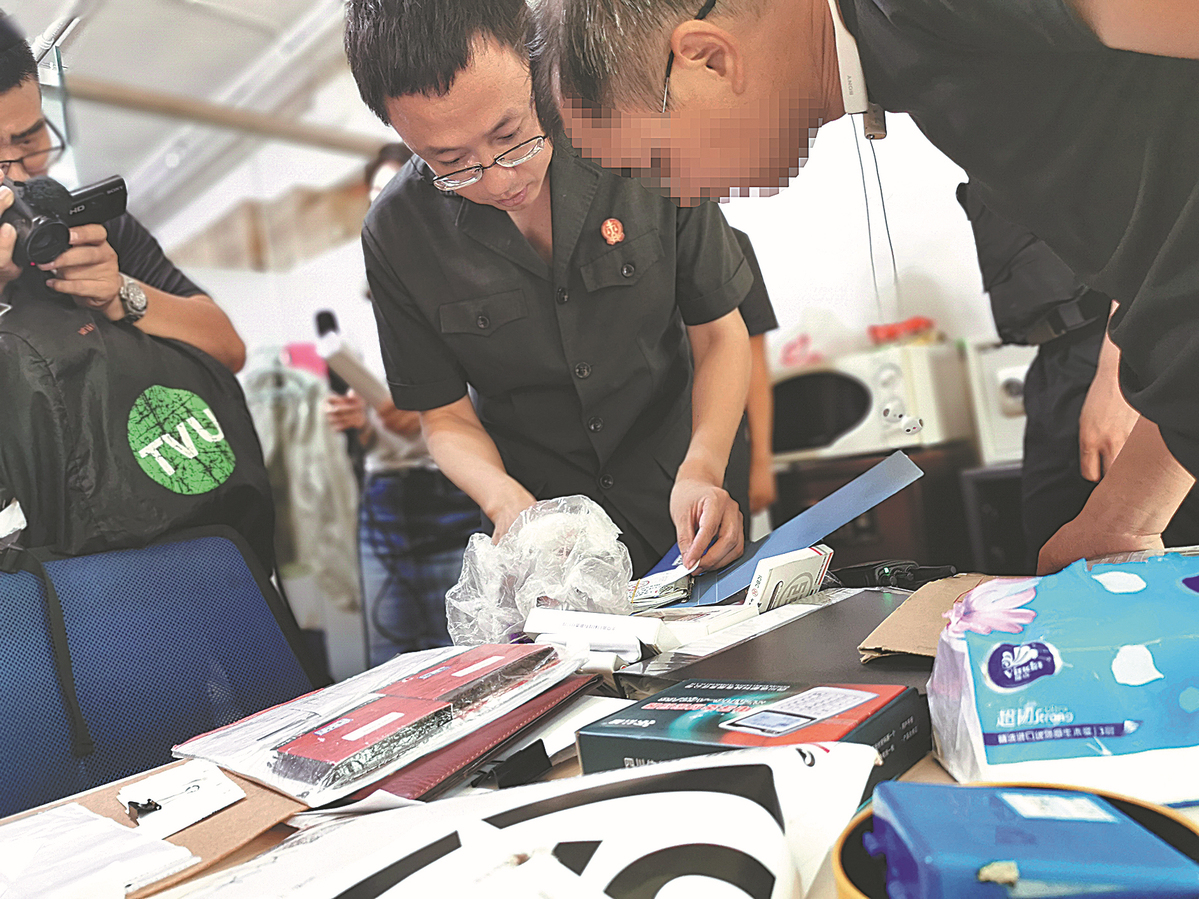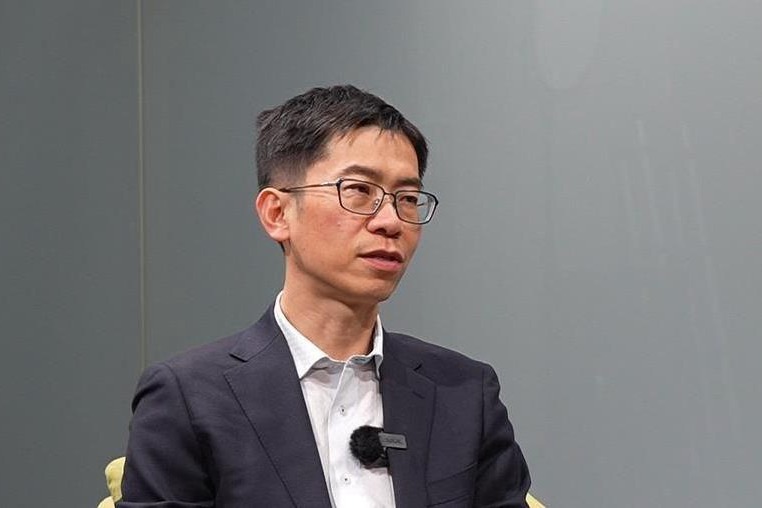Draft law targets defaulters


Joint efforts
When recalling the case, Yang said he had spent a lot of time contacting the sanitation worker that year, adding that locating defaulters has always been difficult.
"Sometimes, we have to turn to public security bureaus as well as vehicle management and financial agencies, asking them to help us find defaulters and establish whether they have private cars or properties that could be seized or frozen to pay debts," he said.
"Put simply, the government, banks and financial institutions aren't obliged to help us, even though the Supreme People's Court, the country's top court, has signed agreements with some of them to help us locate defaulters and their assets."
To solve the problem, the draft law states that relevant departments and organizations should work to establish information-sharing platforms with courts to cooperate in compelling guilty parties to comply with verdicts.
Wang praised the draft, saying joint efforts would contribute greatly to improving work efficiency "as it means finding defaulters and their assets will not only be the job of the courts, but also a duty for other organizations".
When the draft was reviewed during a session of the NPC Standing Committee last month, some legislators paid close attention to the specific clause and called for further clarification of what the relevant organizations would be.
Chen Jun, a member of the NPC Standing Committee, said, "Public security and telecom departments should be obliged to assist courts in finding defaulters, because they collect a lot of information about such people through the real-name registration process."
Chen Guomin, another member, suggested that in the next version of the draft, the top legislature should provide a clearer picture of what the police should do. "After all, that's the department responsible for motor vehicle management and road registration," he said.
Stronger oversight
Given that some judges are reluctant to handle cases related to enforcement and even deal with defaulters' assets inappropriately, the draft also requires prosecuting authorities to play a role in supervising the behavior of the courts.
If they find that the courts have made a mistake, prosecutors will be allowed to urge the courts to correct the errors by sending them legal advice.
Xie Hongfei, head of the civil law office at the Chinese Academy of Social Sciences' Institute of Law, said the requirement will help judges perform their duties in a more regulated manner, adding that it will provide stronger oversight of the work of courts nationwide.
The draft also stipulates that courts should not excessively confiscate the assets of businesses or individuals, nor should they place those age 18 and younger on a national blacklist online.
Moreover, it states that information related to defaulters must be made publicly available for two years, but if a person has failed to comply with a number of verdicts, the period can be extended by one to three years.
It adds that if that time has expired, courts must delete the person's information from the online platform within three days of the expiry date, adding that such information can be removed earlier if defaulters comply with rulings.
Wang and Yang, from the Haidian court, said judges need to improve their ability to distinguish defaulters from those without the immediate means to pay, adding that people who lose lawsuits and have no assets to pay their debts should not be targets for punishment.
In November, the country's top court said that cases involving verdict enforcement must not be abandoned, while delays in handling such cases should be prohibited.
Contact the writer at caoyin@chinadaily.com.cn
























